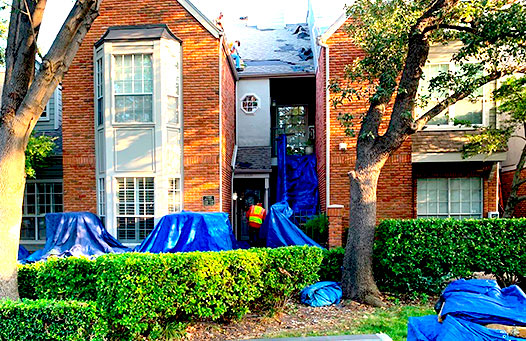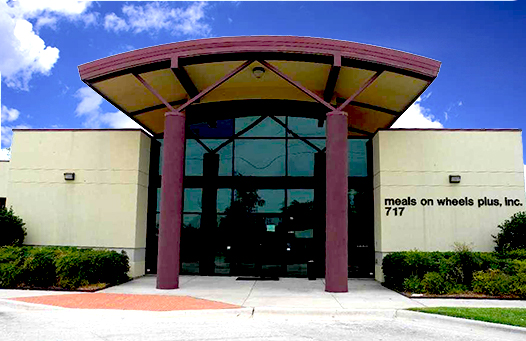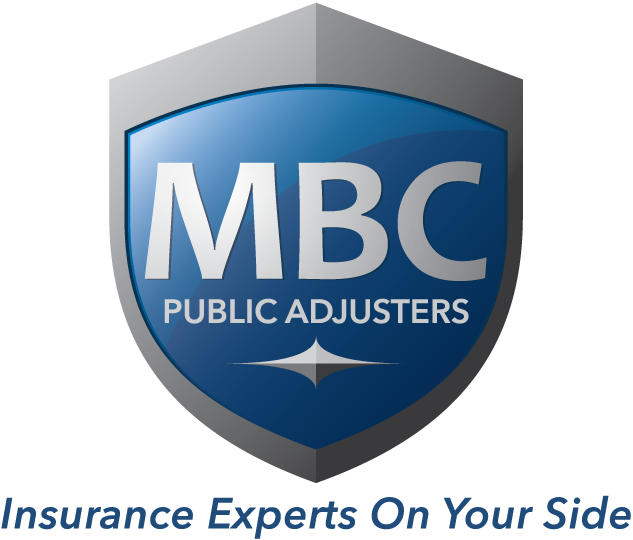A fire can be catastrophic for a hotel, causing significant damage to the property, disrupting operations, and impacting revenue.
In the aftermath of a fire, hotel managers must act decisively to restore operations as quickly as possible while ensuring the safety and well-being of guests and staff.
Here are some steps that must be taken to expedite recovery and minimize downtime.
1. Prioritize Safety and Assessment
Before any restoration work begins, ensure the safety of the premises. Engage fire officials and structural engineers to assess the extent of the damage and determine if the building is structurally sound. Once deemed safe, document the damage thoroughly with photos and videos for insurance purposes.
Enlisting experienced fire damage claim adjusters at this stage can be invaluable in ensuring a comprehensive and accurate assessment.
Recommended Read: A Comprehensive Fire Damage Inspection Checklist for Hotels
2. Secure the Property and Mitigate Further Damage
Secure the property to prevent unauthorized access and further damage. This may involve boarding up windows, fencing off the area, and arranging security patrols. Take immediate steps to mitigate further damage, such as covering holes in the roof to prevent water intrusion.
3. Engage Professional Restoration Services
Fire and smoke damage restoration requires specialized expertise. Engage professional restoration companies with experience in handling large-scale hotel fires. These experts can provide a range of services, including:
- Debris Removal:Safely remove debris and damaged materials from the site.
- Structural Repairs:Repair or rebuild damaged structural elements, ensuring the building’s integrity.
- Smoke and Soot Removal:Thoroughly clean and deodorize all surfaces affected by smoke and soot, including walls, ceilings, furniture, and HVAC systems.
- Content Restoration:Clean and restore salvageable furniture, fixtures, and other belongings.
4. Expedite Insurance Claims

Timely insurance claim settlement is essential for funding the restoration process. Skilled public adjusters can be your advocate, working diligently to expedite the claims process, negotiate with the insurer, and ensure you receive the maximum payout for your losses. They can also help you overcome any claim denials or disputes that may arise.
5. Develop a Recovery Plan
A comprehensive recovery plan is essential for minimizing downtime and restoring operations efficiently.
This plan should include:
- Temporary Relocation:If the hotel is uninhabitable, secure temporary accommodations for guests and staff.
- Alternative Operations:Consider setting up temporary offices or utilizing remote working solutions to maintain essential business functions.
- Guest Communication:Keep guests informed about the situation, offer refunds or alternative accommodations, and provide updates on the restoration progress.
- Marketing and PR:Implement a communication strategy to reassure guests and the public about the hotel’s commitment to recovery and safety.
6. Rebuild and Reopen
Once the restoration work is complete, focus on rebuilding and reopening the hotel. This involves:
- Final Inspections:Ensure that all repairs meet safety standards and building codes.
- Staff Training:Retrain staff on emergency procedures and ensure they are prepared to welcome guests back.
- Grand Reopening:Plan a grand reopening event to celebrate the hotel’s resilience and welcome guests back.
MBC Public Adjusters: Your Partner in Rebuilding
Recovering from a devastating fire is a daunting task, but with the right approach and expert assistance, your hotel can emerge stronger than ever.
At MBC Public Adjusters, we specialize in helping hotels navigate the complexities of fire damage claims. We ensure your hotel is restored to its former glory and your business is back on track. Our services also include expert help for water damage insurance claims, effective storm damage claim assistance, and more.
Contact us today to learn how we can support your hotel’s recovery journey.







